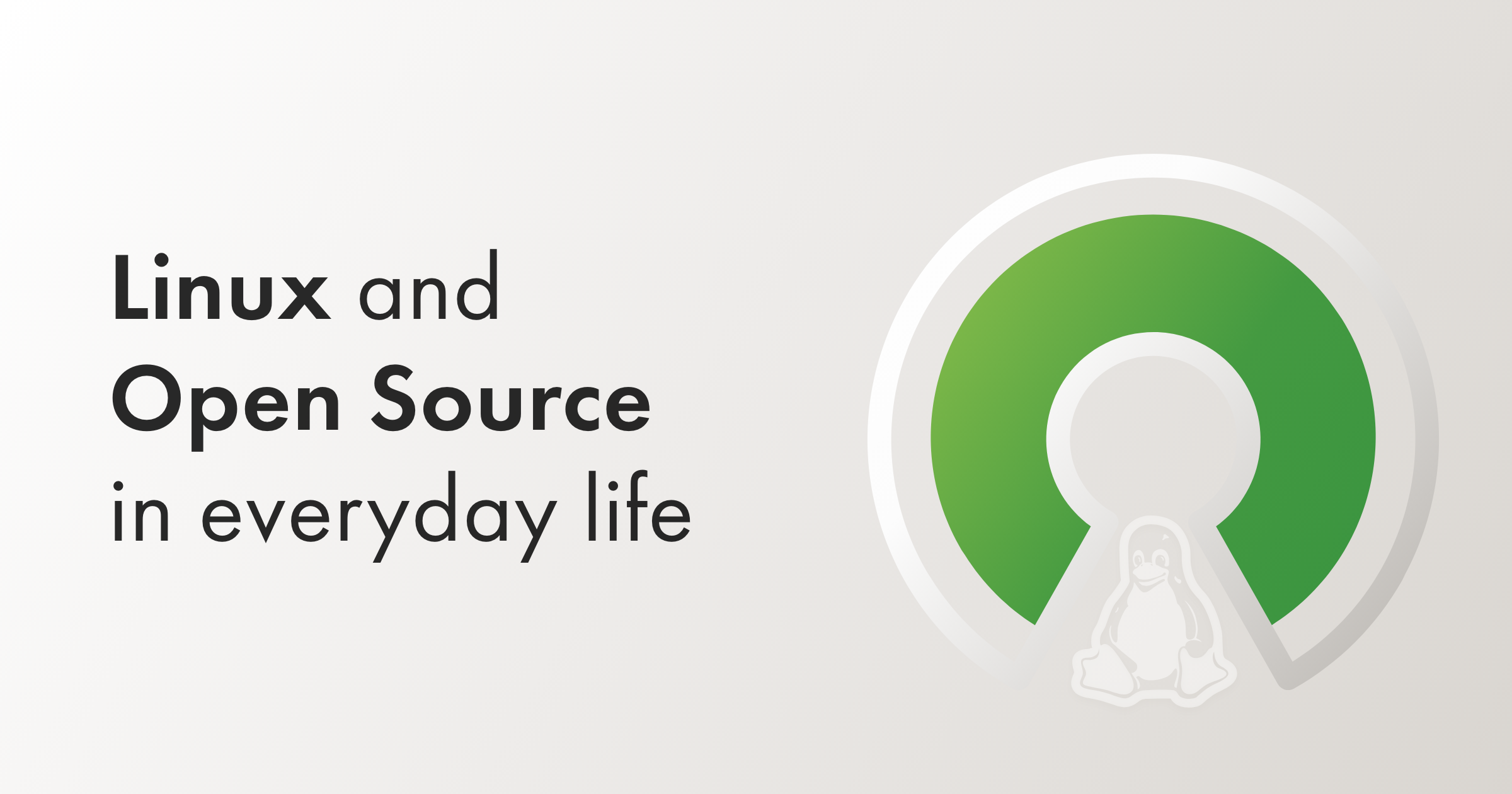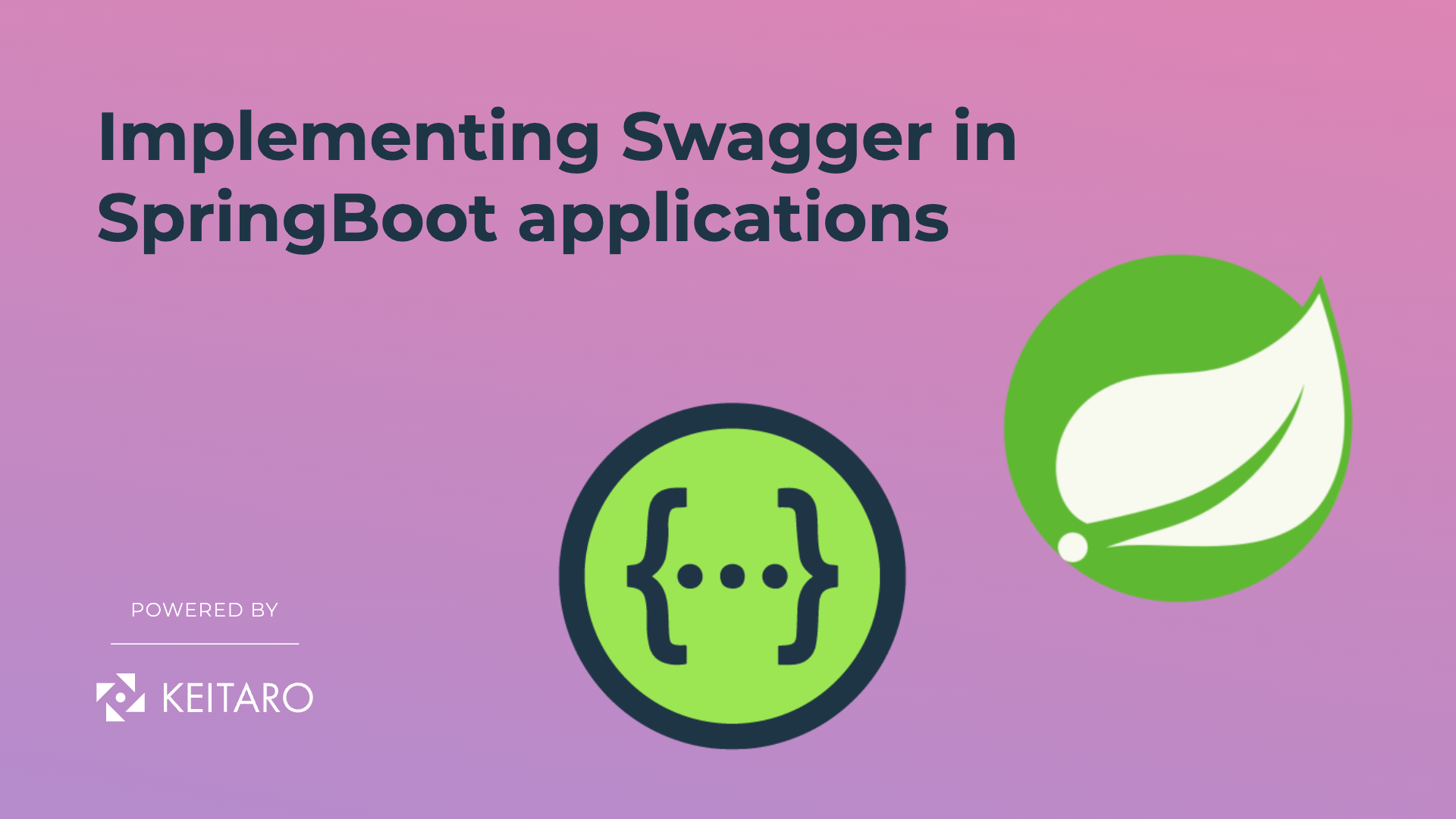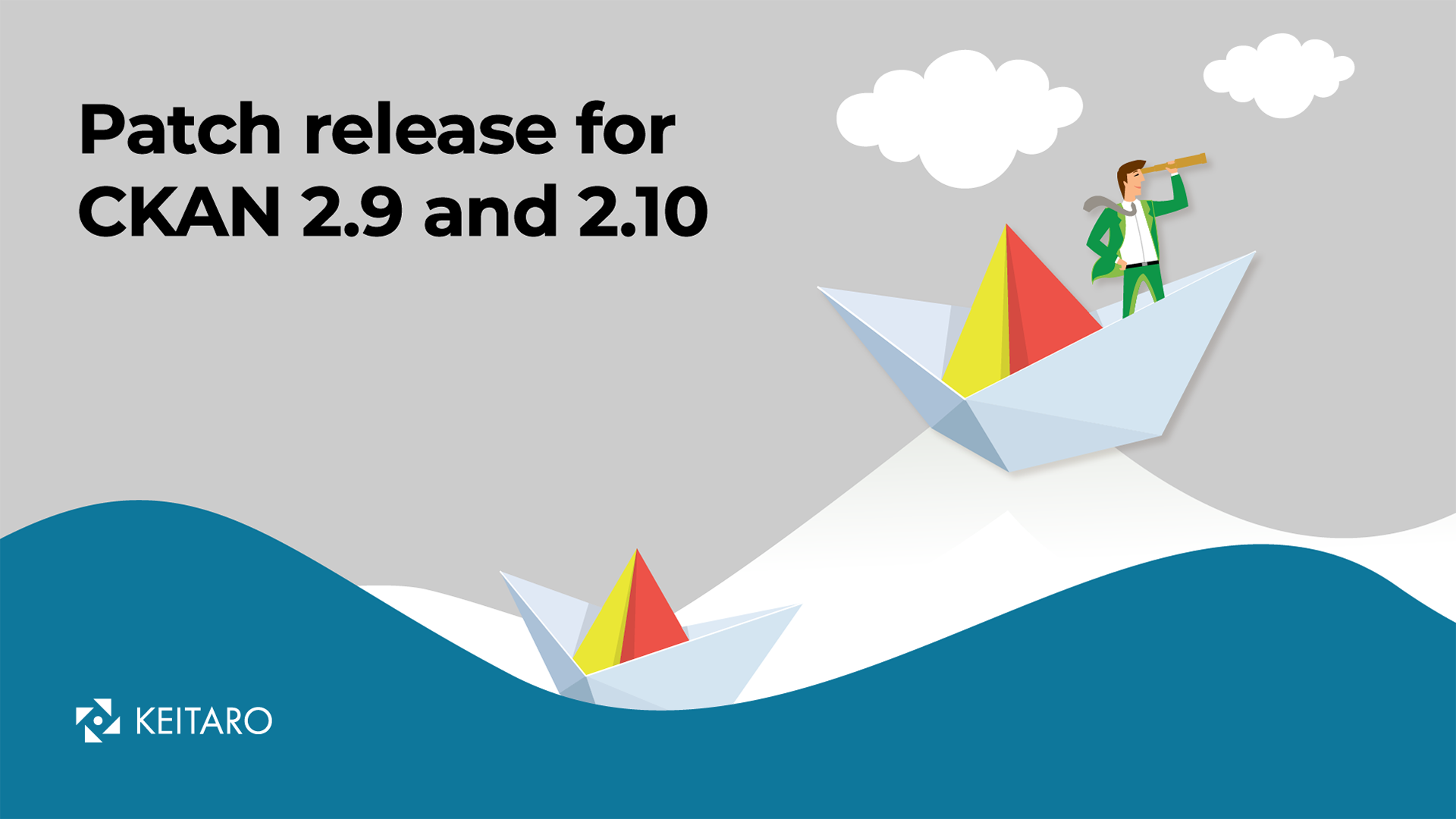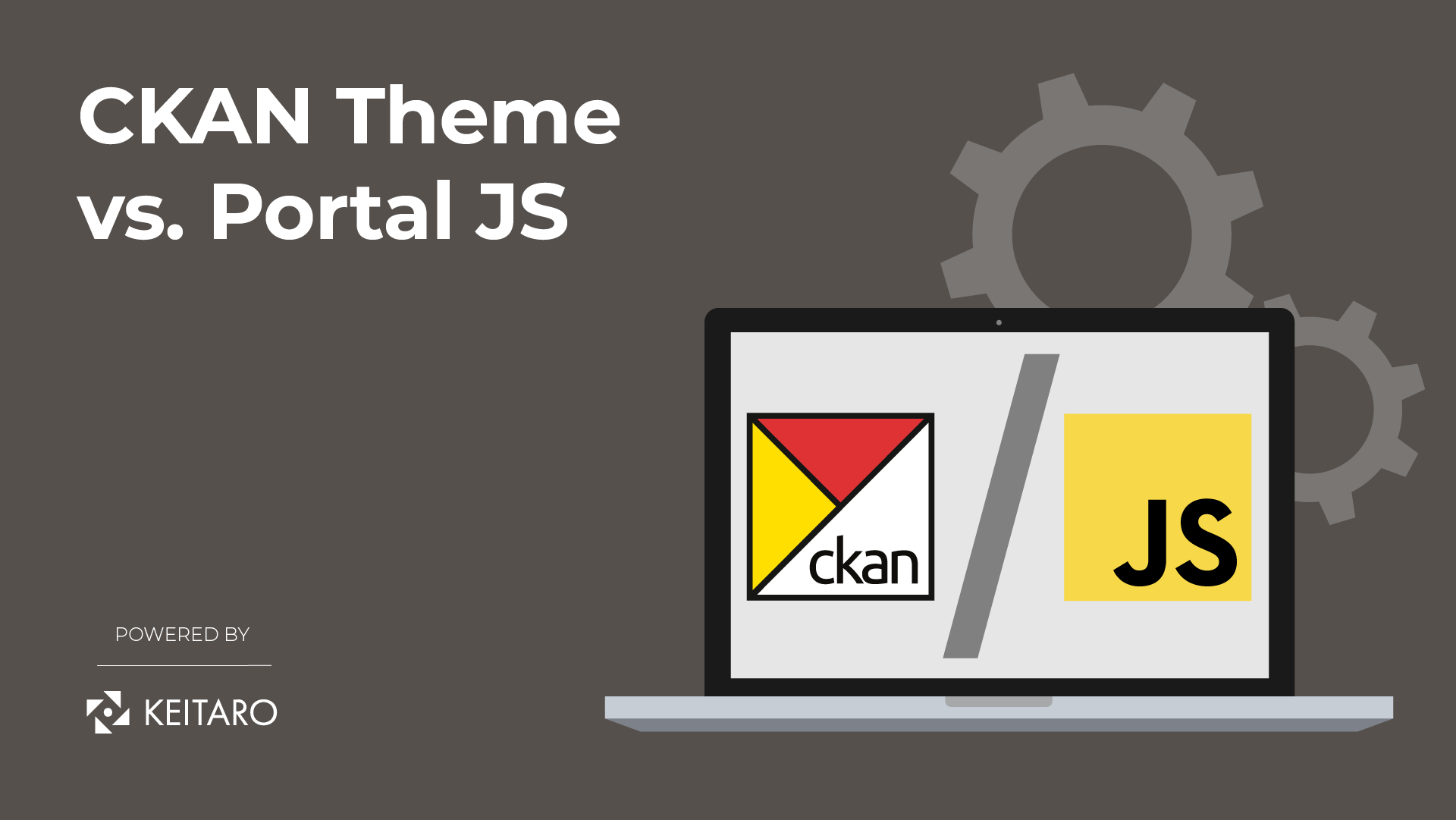Introduction
When people read Linux and open-source software they usually have a misunderstanding, associating it with educational and experimental technology that cannot be used as a daily driver and it is limited to a few percent of the PC market share mostly for tech enthusiasts, scientists and research. In reality, probably everyone is using Linux without even knowing it.
From the moment you get up in the morning and your automation app like IFTTT starts your coffee maker, you go online to order coffee, a bus or train ticket to get to work or you turn on music via one of the popular streaming services like Spotify you use Linux.
People will say Android is based on Linux and uses Linux Kernel and is built using open source, but they own an iPhone. True, but in the background, your home router is probably using a Linux based operating system modified by the OEM. Your Internet service provider that transfers your request over the internet may also be using Linux or open-source build software. This is also probably true about the website you are visiting, the servers that are processing your request or the developer that builds the mobile web app.
Linux & Open-source is in professional and private life
Linux is the Kernel that helps run the operating system that uses open-source software. We have many billion-dollar companies that prove the success and need for Linux and Open-source Software. Multiple communities and company-supported Linux based distributions/operating systems exist that are free to use: Arch Linux community-run, Ubuntu by Canonical, Fedora by Red Hat Inc, OpenSuse by SUSE.
If you are not techy and you need support for your business you can also pay on-demand support or you can pay a subscription for support like Red Hat, Suse or Canonical with their Enterprise models.
When it comes to software, many excellent alternatives to licenced software exist for office work, graphical work, scientific work, engineering and software engineering or programming. OpenWRT is a Linux based operating system that runs on routes, can be installed on an exitist router or you can get an OpenWRT router.
One of the biggest security vulnerabilities at home is the router, you get a stock router from your IPS that has software that is a few years old, unlike OpenWRT that is regularly updated. Also, advanced IPS firewall solutions exist like IPFire. You can set up home sensors with ARM CPU devices like Raspberry Pi, supported by many Linux distributions. Today even phones and tablets exist that support Linux and Open Source like Pine Phone by Pine64, even fitness devices like PineTime by Pine64.
Linux and open-source software can also be used for out of work activities, like music, movies, gaming (almost all popular tv and movie streaming services run on Linux). Even music services like Spotify and free online games exist that can run on Linux like OpenRA, based on Red Alert.
With the steam application (proton DB) you can even run the latest Star Wars game for EA. A very popular alternative to Xbox / ps4 will be the steam deck console, running Linux. In short, Linux can run on anything and it is everywhere.
I have an Arch Linux with KDE desktop setup with the steam install, I have an EA pro subscription that I can play Star Wars Battlefront, Star Wars Jedi Fallen Order, Star Wars Squadrons. By using steam play with proton DB you just press and click (including games from Epic, GOG and battle net), steam takes care of the rest. Steam Deck new SteamOS V3 has a similar build, arch Linux with KDE and steam.
Final Thoughts
There are many benefits for the users, such as transparency of source code, flexibility, agility, enhanced security, powering the digital transformation, the power of community and no vendor lock-in. Linux and Open Source Software are used “in the background” without even knowing it.
The biggest advance to Linux is the freedom to choose to do whatever you want with your PC. Choose the hardware you want to use, the Linux distribution you want (Linux Operating system comes in many different versions and “flavours”) choose the desktop environment you want (Mate, XFCE, KDE, GNOMe) and the open-source software you want to use it with if you run into a problem visit the helpful community-run forums and you will get a piece of advice.
The Open Source mindset is present at Keitaro and it is our “secret weapon” hence a dream workplace for any open source and Linux techy.



